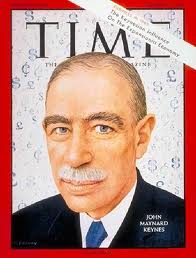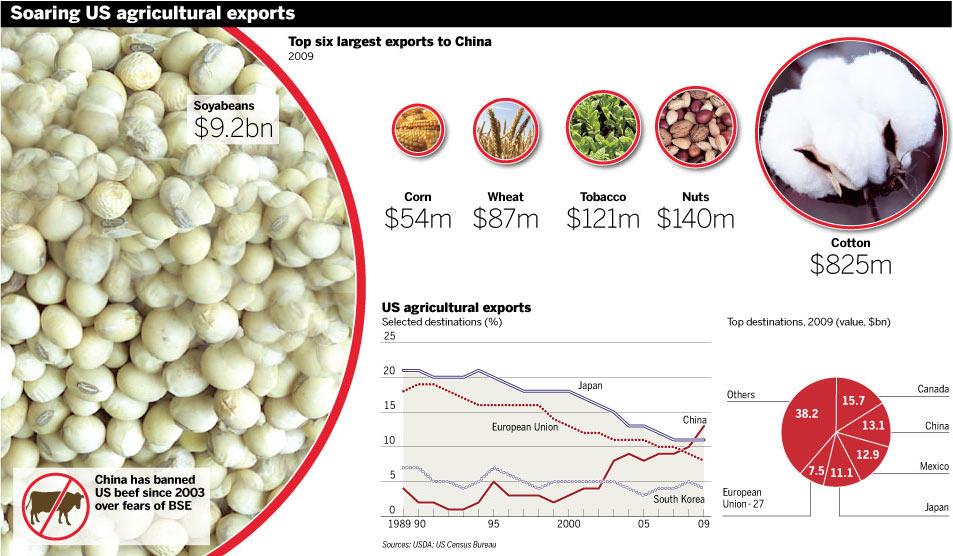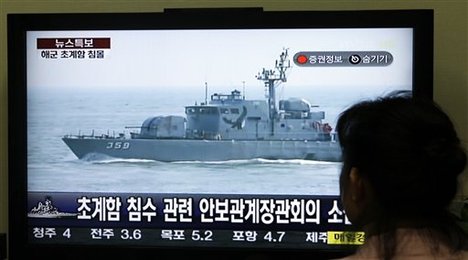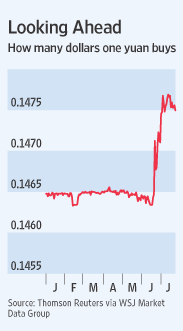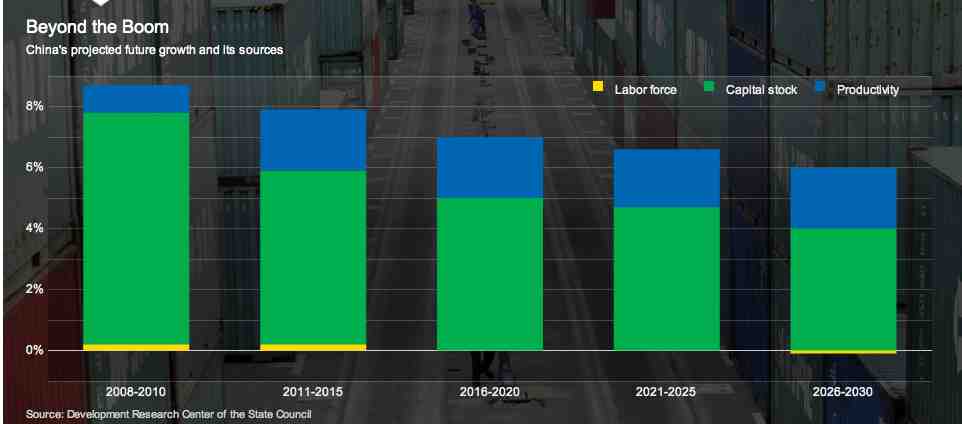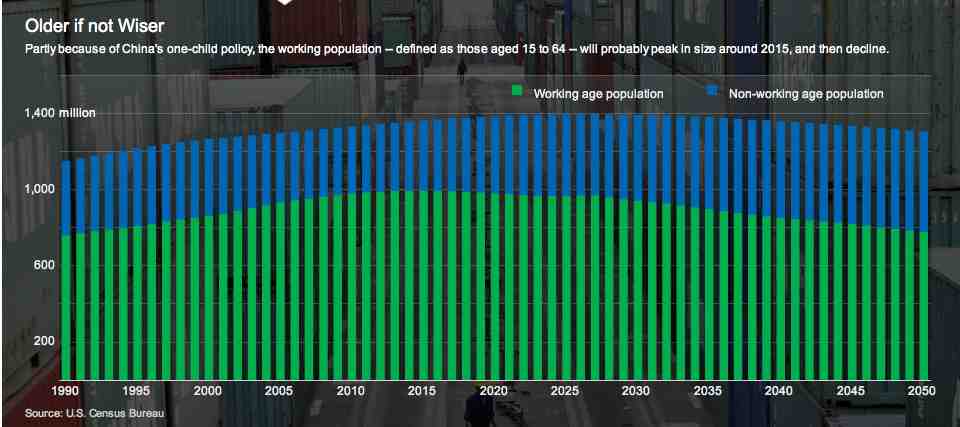NOTE: No World Politics Review column today, so I offer this up as replacement.

President Obama’s sour relationship with American business is much in the news these days, with even the usually staid U.S. Chamber of Commerce publicly voicing the private sector’s growing concern that he’s “anti-business.” Despite several significant legislative achievements in his first 18 months in office (e.g., the stimulus, healthcare, higher education, financial regulations—next up, energy), all of which demonstrated the president’s tremendous responsiveness to the political challenges of the day, Obama is losing the center of the electorate to the GOP for precisely the same reason he’s losing the business community: he’s introduced too much uncertainty in a time already fraught with it.
In my day job I help run a technology firm that capitalizes on such sentiment by providing business solutions as a service (e.g., making supply chains more transparent, improving patient flow in major medical centers, securing critical infrastructure), so from my selfish perspective, I don’t mind additional uncertainty—especially when it’s created by more complex regulatory schemes. But my company also needs businesses to be aggressive about tackling that complexity, trusting that today’s investments will better position their companies for tomorrow’s competitive landscape. And here’s where too much uncertainty sabotages economic decision making and business planning: unsure of the longer payoff, too much of the private sector—and its money—is staying on the sidelines of this “statistical recovery.”
That trillion-dollar tentativeness across the private sector helps explain the persistently high unemployment rate of almost 10 percent, with one out of six work-seeking Americans saying they’re underemployed. But don’t forget about the other five-sixths of the workforce, who certainly are being overworked to achieve that recovery—such as it is. That middle class (and political middle) wants nothing less from its government than protection from economic uncertainty: it has achieved a decent lifestyle and wants to pass it on to its children with slight but steady improvements—a long-term trend that disappeared this last decade. Spook that herd and it will come thundering down on incumbents of all political stripes. No wonder so many Democrat-leaning pundits are calling for a renewed Keynesian push.
But more importantly, remember that, prior to the crash, we spent six long years enduring all new manner of fears on the previously stable national-security side of the ledger, so all this recent individual economic uncertainty has been piled on top of that baseline anxiety. Obama’s “big government” answers on the economy haven’t really been all that much bigger than Bush-Cheney’s efforts were on national security (check out the Washington Post’s recent series on “Top Secret America”), but again, there’s that cumulative difference between piling up and piling on. Obama suffers the distinct misfortune of coming late to what New York Times columnist David Brooks has dubbed the “technocracy boom” of the last decade.
Obama now needs American capitalism to rescue his depressed presidency, even as his political language remains harsh in that direction. Like a Theodore or Franklin Roosevelt, Obama presents himself as a protector of the “little man” against the moneyed interests, but rhetorically choosing Main Street over Wall Street is pure theater. Frankly, it’s like the surgeon asking the patient if he likes his heart better than his lungs. Good example: by cracking down on derivatives (originally known as “crop futures”) in its massive financial reform bill, the administration has introduced vast uncertainty into the otherwise strong agricultural industry, where your average mid-sized farmer hedges most of his annual crop through such “nefarious” financial instruments.
And unlike either Roosevelt, Obama can’t even be cast—however unflatteringly—as a “traitor to his own class.” Having never been a businessperson, his re-regulating of core industries—after three decades of de-regulation, mind you—has invariably earned him the “socialist” label from a slight majority of Americans in one recent poll. And in a nation that’s roughly split, 70-to-30, between those who favor retaining American-style capitalism over European-style socialism, those negative numbers can only go up—unless perceptions are dramatically changed.
Of course, the easiest way to improve presidential poll numbers is for the economy to improve in time for the 2012 elections (forget about this November, when the GOP should grab at least the House). But, again, with smart guys like David Brooks predicting a “nasty crawl” when it comes to income growth, we should expect an even nastier, impatient and intolerant electorate. Read Benjamin Friedman’s book, “The Moral Consequences of Economic Growth,” where he explores the consistency of that political causality across America’s many decades.
So how does Obama improve his standing before 2012? The temptation is always to turn to foreign affairs when domestic constraints abound, but even here, Obama faces a narrow menu of options, all of which demand great exertion while promising little popular credit. Take Afghanistan: running with Robert Blackwill’s tempting logic, Obama can “give the south to the Taliban” and hope such “reconciliation” holds through the election. But as the Times Square bomber demonstrated, the Af-Pak’s pool of violent fundamentalists can re-capture the president’s national security agenda at will.
Indeed, plenty of people within both Washington’s national security community and New York City’s first-responder community choose—with utmost realism—to view the Times Square incident as less a legitimate attempt and more a calculated probe. The new buzz phrase in both communities is improvised nuclear device (IND), or what most experts call the “dirty bomb” because the blast is less frightening and/or damaging than the dispersal of radioactive material. Again, the whole point of such an attack would be to spook America’s middle ranks into an even greater sense of uncertainty by despoiling its favorite town square. Like so many things we seek to understand today, like the new financial regulations, the full impact of such an attack wouldn’t be known for years.
Wall Street Journal columnist Peggy Noonan opines that “American politics is desperately in need of adult supervision”—her sideways suggestion that we currently lack great “statesmen” with sufficiently white hair. Perhaps so. With this great confluence of uncertainties we surely need more leaders who can confidently say, “I’ve seen it all before”—even if they haven’t. Because one thing is for certain: the combination of an unpopular president, a dysfunctionally partisan Congress, and a reluctant business community is no way to move forward.
 Tuesday, August 3, 2010 at 12:08AM
Tuesday, August 3, 2010 at 12:08AM 












